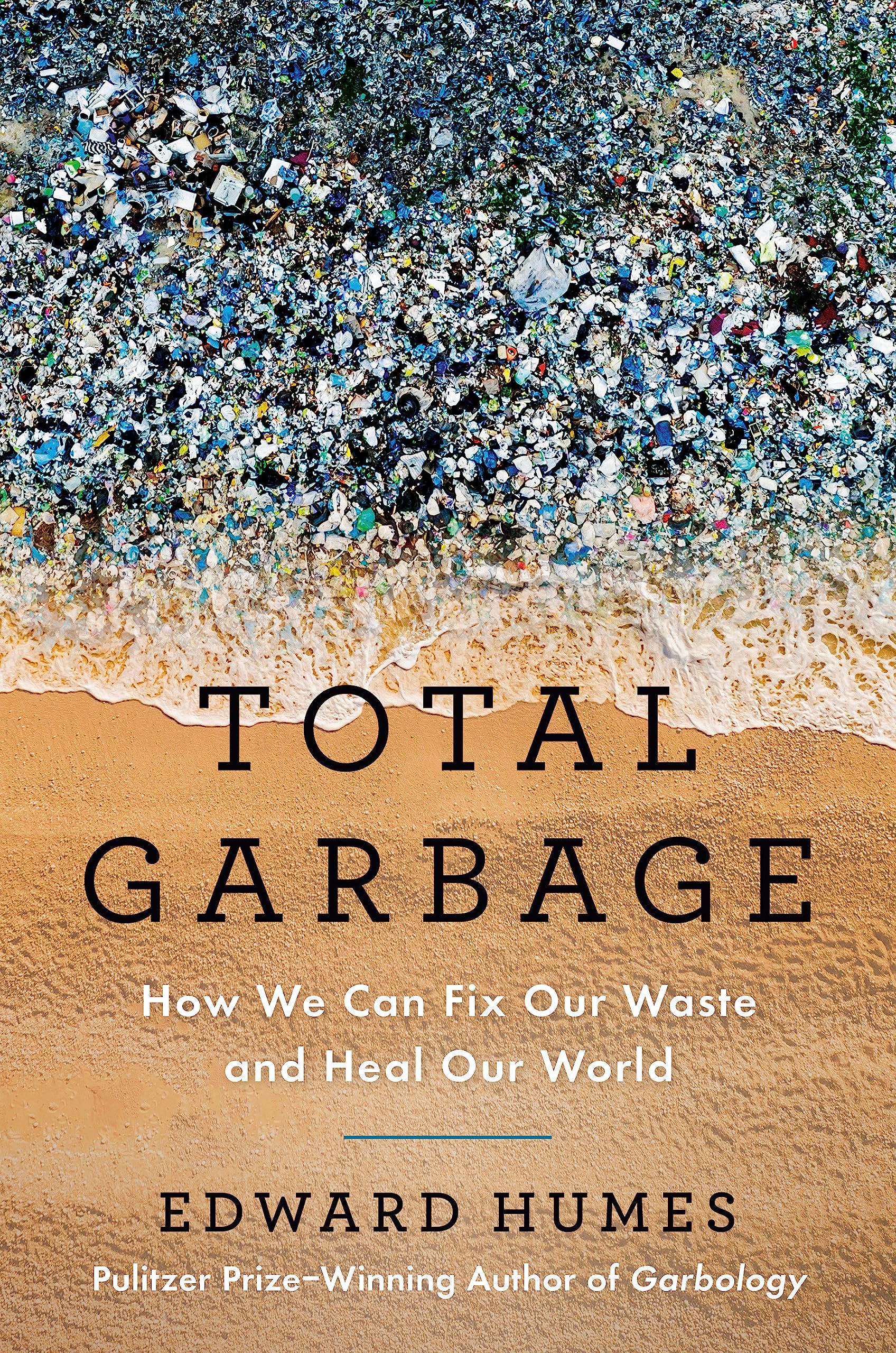What do you think?
Rate this book


288 pages, Hardcover
First published April 2, 2024
A Useful Life Measure in Minutes, a Waste Life Measured in Centuries.
I am hopeful. More than I have ever been. Taking action is, in fact, an act of hope. We can do this. We can fix the waste driving all these crisis. We can. As Al Gore said just a few months before I sat down to write these lines, "The will to act itself is a renewable source."
"Do not be vulnerable to despair. We are going to do this. And if you doubt that we as human beings have the will to act, please always remember that the will to act is itself a renewable source."
- Al Gore, TED Countdown Summit, July 2023
Little things add up, and they can happen if we just ask. And push. And show up.